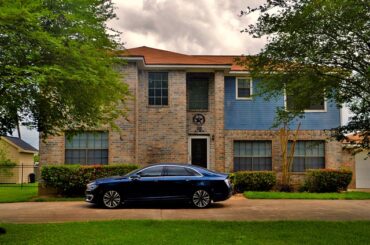As we age, the likelihood of needing assistance with daily living activities increases. Long term care is a service designed to provide individuals with the necessary support and services they need to maintain their quality of life as they age. If you are considering long term care, you may be wondering if it is good for you. The answer is that it depends on your unique situation and needs.
One of the primary benefits of long term care is that it provides individuals with access to skilled nursing care and support services that they may not be able to receive at home. This can include assistance with activities of daily living such as bathing, dressing, and meal preparation, as well as medical services like medication management and wound care. For those with complex medical needs, long term care can provide access to 24-hour nursing care, physical therapy, and other specialized services.
Long term care can also provide social benefits. As individuals age, they may become more isolated and have fewer opportunities to socialize with others. Long term care facilities often provide opportunities for socialization and engagement, such as group activities, outings, and community events.
While there are many benefits to long term care, it is important to consider the potential drawbacks as well. Long term care can be expensive, and it may not be covered by insurance or government programs. Additionally, some people may find it difficult to adjust to a new living environment, particularly if they have been living independently for many years.
Before deciding if long term care is right for you, it is important to assess your current situation and needs. Consider your health status, as well as your ability to perform daily living activities. If you are struggling with these tasks, long term care may be a good option for you.
It is also important to consider your finances. Long term care can be expensive, and it is important to have a plan in place to pay for it. This may include long term care insurance, personal savings, or government programs like Medicaid.
Finally, it is important to consider your personal preferences and values. If you value independence and autonomy, you may prefer to receive care at home rather than in a long term care facility. On the other hand, if you value social interaction and community, a long term care facility may be a better fit for you.
In conclusion, long term care can be a good option for those who need assistance with daily living activities or have complex medical needs. However, it is important to carefully consider your unique situation and needs before making a decision. By weighing the potential benefits and drawbacks of long term care, you can make an informed decision that is right for you.





